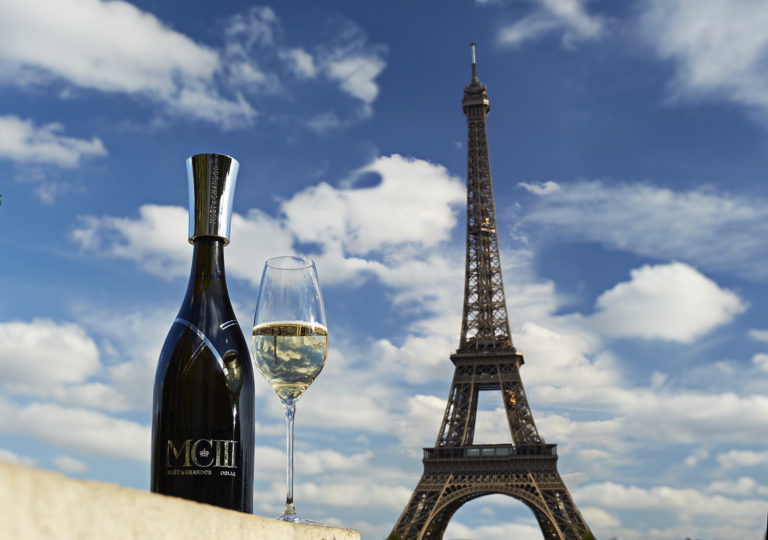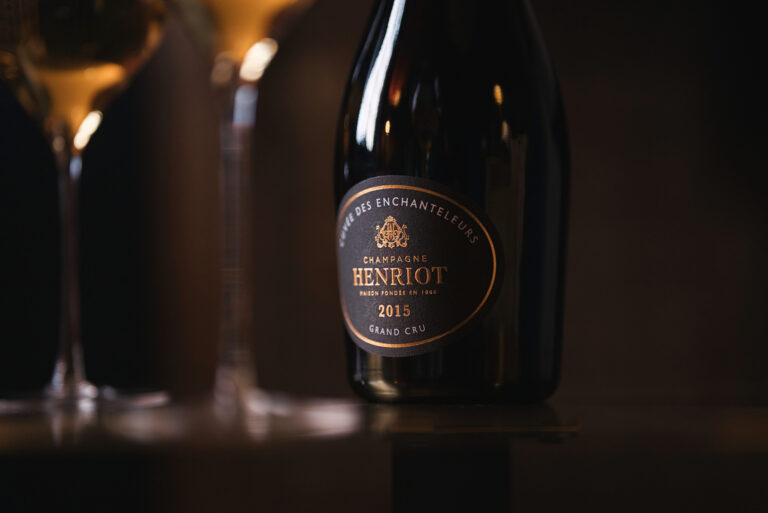How do AI influence production of Champagne in the future? [read the full champagne story]
Estimated reading time: 4 minutes

A bottle of Champagne tells a story, not just of its vintage, but of the very land and hands that nurtured it. So too, does the human mind, a complex terroir of thought and experience, craft narratives that define our understanding. Here at Champagne Club, where the pursuit of the sublime bubble meets the depth of intellectual inquiry, a recent, rather effervescent, encounter has uncorked a new conversation about the very essence of human ingenuity in the age of artificial intelligence.
In the hallowed, often effervescent, halls of Champagne Club, where the pop of a cork signals not just celebration but also profound thought, a recent roadside revelation has set a new kind of intellectual ferment bubbling. Picture this: three young apprentices, tucked into the plush leather of a back seat, their youthful exuberance a stark contrast to the venerable vintages we typically discuss. One, with a sheepish grin, confessed to a modern-day transgression – the suspected use of artificial intelligence for a school assignment.
“What, did you just ask ChatGPT to write the whole thing for you?” questioned one, echoing the very essence of academic shortcuts.
“Precisely,” came the unapologetic reply.
“But surely,” interjected the third, with a street-mart acumen that would impress even the most seasoned chef de cave, “you have to tell it to write like an eleven-year-old!”
Your humble chronicler
The chauffeur, your humble chronicler, couldn’t help but smile inwardly at this raw, unadulterated ingenuity. Yet, outwardly, the stern lecture was delivered, a sermon on laziness and immorality, a stark warning against the academic detours that lead not to Grand Cru vineyards, but to the cold, hard reality of a park bench.
This anecdote, seemingly far removed from the meticulous art of Champagne making, uncannily reflects a growing unease in our intellectual landscape. Much like a wine’s delicate balance can be compromised by shortcuts in the fermentation process, our cognitive faculties risk becoming diluted by the seductive ease of AI. A recent expose in New York Magazine highlighted this alarming trend, with one anonymous professor lamenting that “a large proportion of students will graduate and enter the workforce—despite being, in practice, functionally illiterate.” This, dear readers, is more than just a sour grape; it’s a potential blight on the entire harvest of future minds.
Yet, we, too, are not immune to the siren song of efficiency. This very chronicler admits to employing ChatGPT for headlines and refining clumsy prose, much like a cellar master might use modern technology to optimize temperature control. My lawyer friend drafts initial agreements with its aid, and an electrician I met hasn’t sketched a wiring diagram by hand in eons. The time saved is undeniably alluring, a tempting vintage promising swift gratification.
But at what cost, this intellectual outsourcing?
The term “brain rot” echoes with increasing frequency, a chilling parallel to the “intellectual obesity crisis” described by Gurwinder Bhogal. He draws a vivid comparison to the physical obesity epidemic of the 1970s, when the rise of fast food and sedentary lifestyles dramatically altered human physiology. Then, the food industry, in a misguided attempt to combat fat, replaced it with sugar, leading to even more burgeoning waistlines. It was a classic human reflex: things had to go to hell before Jane Fonda led the lycra-clad fitness revolution of the 80s.
So, as we contemplate this new era of cognitive shortcuts, what will be our intellectual fitness wave? Before we, too, succumb to the allure of automated ease and risk becoming intellectual zombies, perhaps the answer lies not in more technology, but in less. For now, this simple chronicler, lacking any immediate solutions, will leave the mobile phone at home and seek solace and clarity in the silent embrace of the forest. Perhaps it is in disconnecting that we truly reconnect with the essence of what it means to truly think, to truly create, and to truly appreciate the complexities, much like a finely aged champagne, of the human mind.






